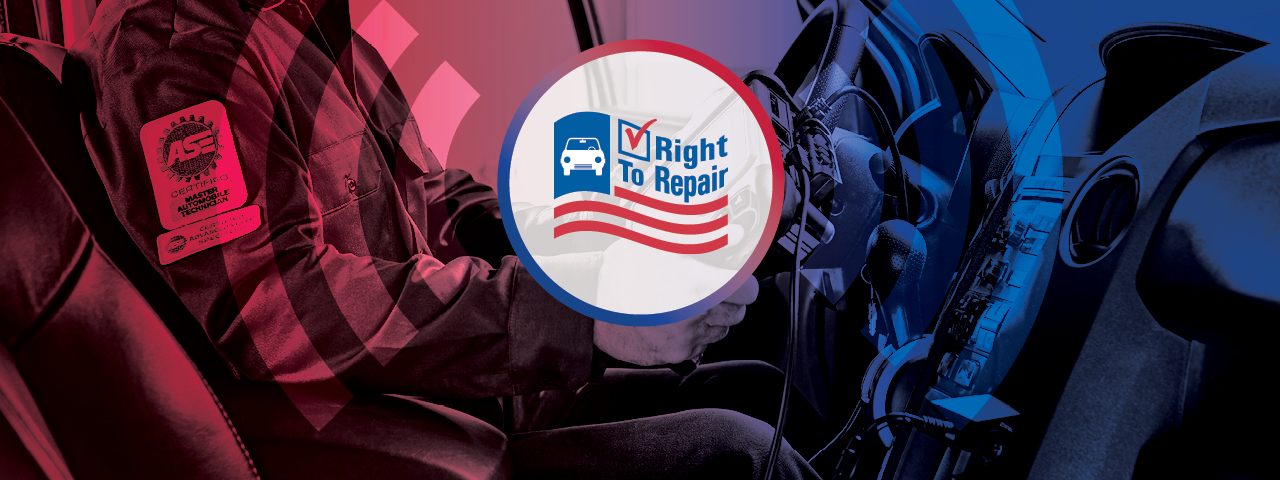While I hear your frustration
@pmsmechanic, I believe you over simplify the issues. If I had to guess from your screen name, you are in the business of repairing these machines.
As a VW/Audi aftermarket diagnostic tool manufacturer who gets no support from the OE, I know there are complexities involved. We are a company of enthusiasts who want to be able to work on our own cars - to not go to the dealer for all things. We built tools for the enthusiast and the independent aftermarket repair professional, yet we will not allow our tool to do some things owing to legal and ethical standards. Some things have to be done by a dealer.
I agree that money is part of the issue and needs to be part of the discussion/resolution. My point is, providing diagnostic access is not as simple as putting a usb port on the tractor and letting anyone plugin. Some of the machines are highly complex.
I get that giving diagnostic access to the engines in compact tractors would seem pretty trivial. But where do the lines get drawn? How much access is needed? Are fault codes enough? Should the setup parameters to be provided and if they are, what are the limits? If a user wants to tweak beyond factory recommendation, shouldn't they be allowed? If they want to delete safety and/or emissions systems, should that be permitted? Where are the lines drawn?
The present assumption by the OE is that the work done to repair/maintain a tractor is done by a factory trained technician (and let's not go down the rabbit hole that many dealers do not send their techs to be trained). The tools the OE puts in the hands of the factory trained technician, should those same tools be provided to all who want to repair? Have you read these forum posts? What % of those with the laptop and usb port will have success at such repairs? And then who is responsible when the repair goes wrong and the user of the diagnostic tool ends up with an even bigger bill, irate and screaming at the service manager at his dealer? Been there?
Diagnostics are not the end all. Knowledge of the systems is. Knowledge plus the right tools usually equals success.
We deal with users who are trying to repair their car with no training everyday. More of our staff are involved in that aspect of the business than any other. We provided the tool but the user who buys often has no clue what to do with it. Who supports that user? The OE?
Savvy users do know how to fix their cars and are eager to learn more. Even they need help from time to time. Again I ask, who supports that user?
The issues need to be discussed and a plan needs to come from those discussions. This is not a simple matter of the OE not wanting to give up revenue. There is more to it. (I grant that the OE wants to protect their dealers and the money they make on service. I don't know if it is true for tractors, but autos - the dealer makes his money on service and not on selling cars. Selling cars is a break even for most dealerships.)

 www.npr.org
www.npr.org


